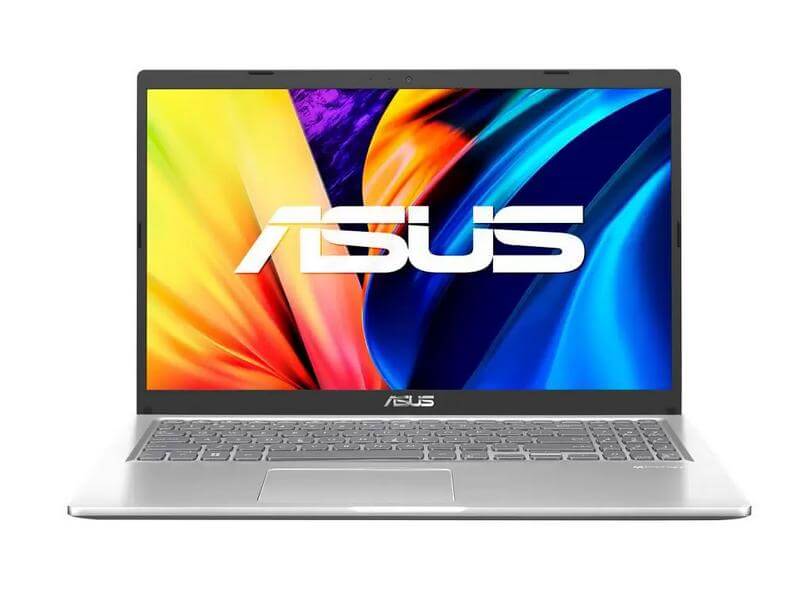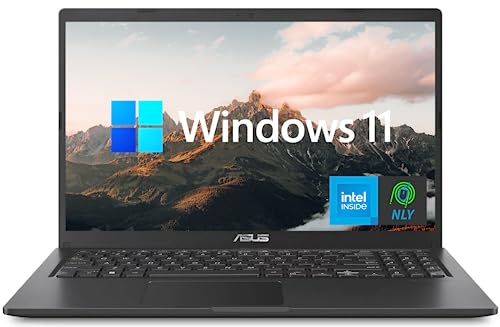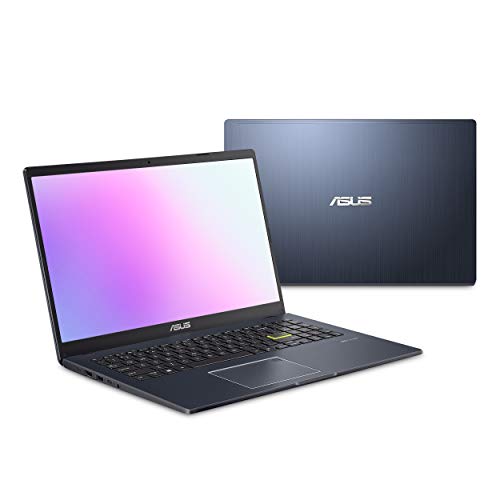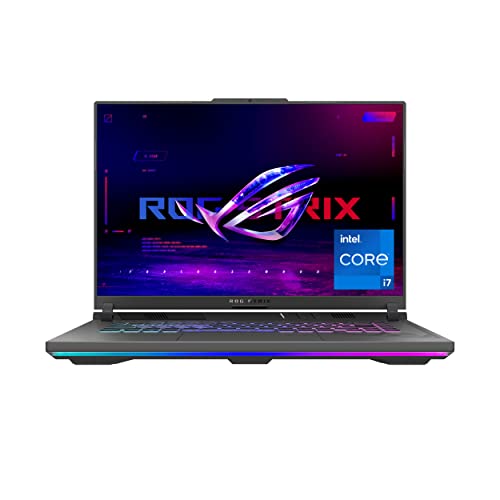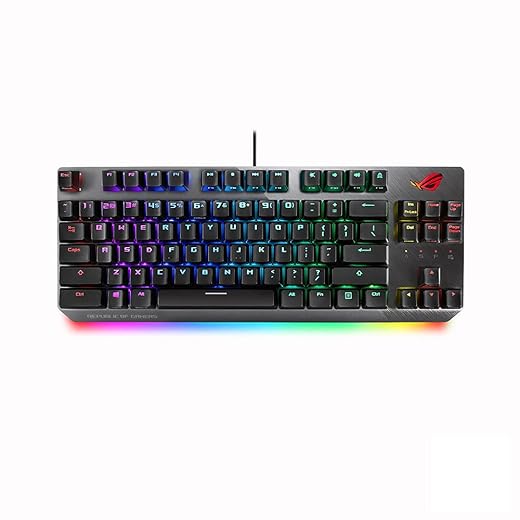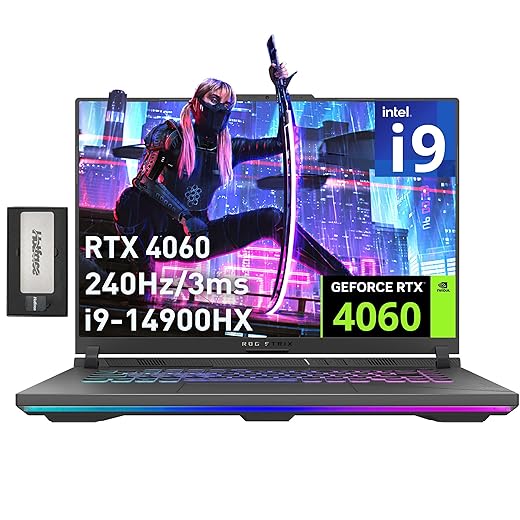Whether or not it’s worth buying an ASUS notebook depends on several factors, including your needs, budget, and preferences. Here’s a breakdown to help you decide:
Pros of ASUS notebooks:
- Variety: ASUS offers a wide range of notebooks, from budget-friendly options like the Vivobook series to premium ultrabooks like the Zenbook series and gaming laptops like the ROG Strix series. This means you’re likely to find an ASUS notebook that fits your needs and budget.
- Quality: ASUS is known for its good build quality and reliable laptops. They often use high-quality materials and components, leading to longer-lasting devices.
- Innovation: ASUS is a leader in laptop innovation, with features like NanoEdge displays, ErgoLift hinges, and convertible 2-in-1 designs. These features can enhance your user experience and productivity.
- Value: ASUS offers good value for money, especially in the mid-range segment. You can often find a well-equipped ASUS notebook for a competitive price.
Cons of ASUS notebooks:
- Software bloatware: Some ASUS notebooks come pre-installed with unwanted software (bloatware). This can take up storage space and slow down your system.
- Customer service: Customer service reviews for ASUS can be mixed, with some users reporting long wait times and difficulty getting resolutions.
- Limited high-end options: While ASUS offers some premium notebooks, they may not be as widely available or as well-reviewed as options from other brands like Apple or Dell in the high-end segment.
Here are some additional factors to consider:
- Your needs: What will you be using the notebook for? If you need a powerful laptop for gaming or video editing, an ASUS ROG Strix or Zenbook Pro might be a good option. If you need a more basic laptop for everyday tasks like browsing the web and working with documents, a Vivobook or Chromebook might be sufficient.
- Your budget: ASUS notebooks come in a wide range of prices. Set a realistic budget before you start shopping.
- Your preferences: Do you prefer a thin and light laptop or a more robust one? Do you need a long battery life? Consider your priorities when making your decision.
Overall, ASUS notebooks are a good option for many users. They offer a wide range of choices, good quality, and value for money. However, it’s important to consider your needs and budget before making a purchase. You may also want to research other brands and models to compare features and prices.
I hope this information helps! Let me know if you have any other questions.
Certainly! To help you decide on an ASUS notebook, I’d be happy to delve deeper into specific areas. Here are some options:
1. Series comparison:
- Zenbook: Premium ultrabooks with thin and light designs, powerful processors, and long battery life. Ideal for professionals and creative users.
- Vivobook: Affordable and versatile laptops for everyday tasks like browsing, working with documents, and streaming media.
- TUF Gaming: Rugged and powerful laptops designed for gamers and demanding workloads.
- Chromebook: Lightweight and secure laptops running Chrome OS, perfect for basic tasks and cloud-based productivity.
2. Feature breakdown:
- Display: Size, resolution, touchscreen, NanoEdge bezels.
- Processor: Performance level, generation, brand (Intel vs. AMD).
- RAM and storage: Capacity and type (e.g., DDR4, SSD, HDD).
- Graphics: Integrated vs. dedicated GPU, performance for gaming or video editing.
- Battery life: Expected runtime on a single charge.
- Ports and connectivity: USB options, HDMI, Wi-Fi, Bluetooth.
- Keyboard and touchpad: Comfort, precision, backlighting.
3. Budget recommendations:
- Best value under $500: Which ASUS notebook offers the most features and performance for the price in this budget range?
- Mid-range options ($500-$1000): What are some good choices for users who want a balance of performance and affordability?
- Premium picks ($1000+): Which ASUS notebooks stand out for their top-of-the-line specs and design?
4. Specific model comparison:
If you have two particular ASUS notebooks in mind, I can compare their specs, features, and user reviews to help you choose the best one.
5. Alternative brands:
If you’re open to other options, I can suggest laptops from other brands that might be a good fit for your needs and budget, alongside their pros and cons compared to ASUS.
Please let me know what would be most helpful for you, and I’ll provide more information to guide your decision!
